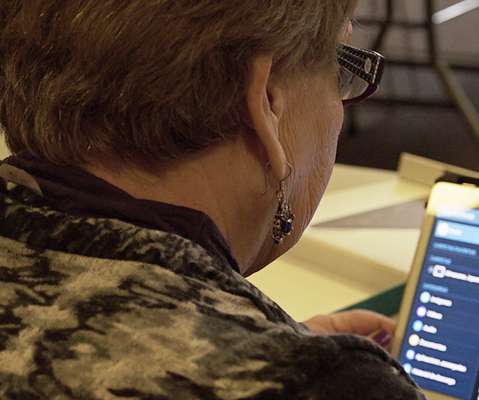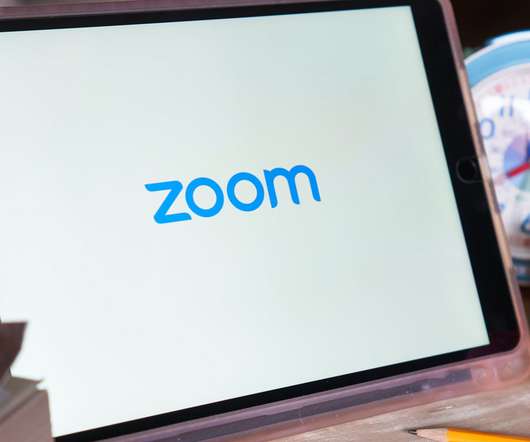Micro-credentials and COVID-19: Supporting Professional Learning When Schools are Closed
Digital Promise
APRIL 16, 2020
Parents are also increasingly worried about what their children may access or be exposed to online. Student data privacy should not be a victim to tumultuous times. Emphasizing digital equity and advocacy.















Let's personalize your content